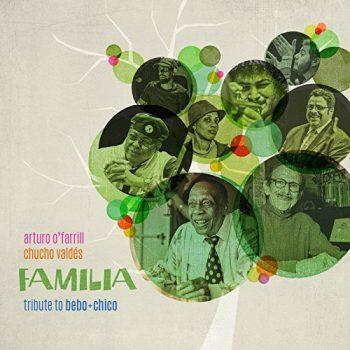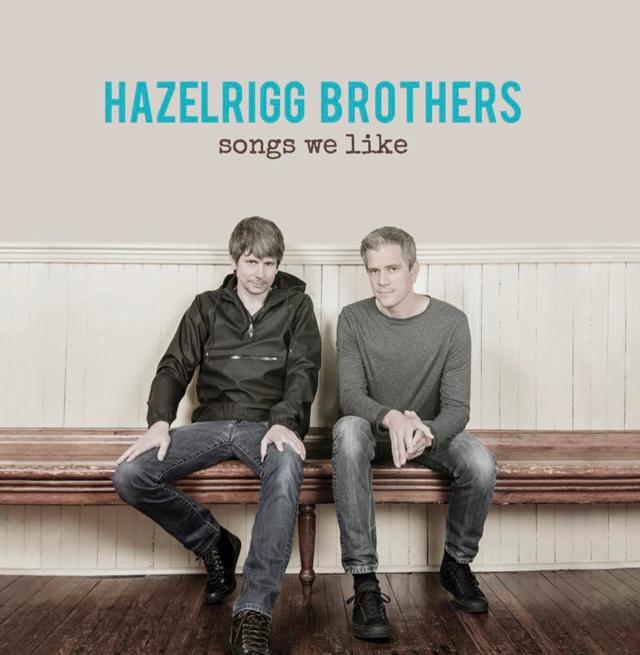Recent releases highlight jazz artists’ deep familial connections. Some celebrate their forebears and some present family members performing together.
Valdés and O’Farrill
On the double-CD set, “Familia: Tribute to Bebo & Chico” (on Motema), Arturo O’Farrill and Chucho Valdés pay tribute to their late fathers Arturo “Chico” O’Farrill (1921–2001) and Bebo Valdés (1918–2013). They represent two of the leading dynasties of Afro-Cuban jazz.
Motema






